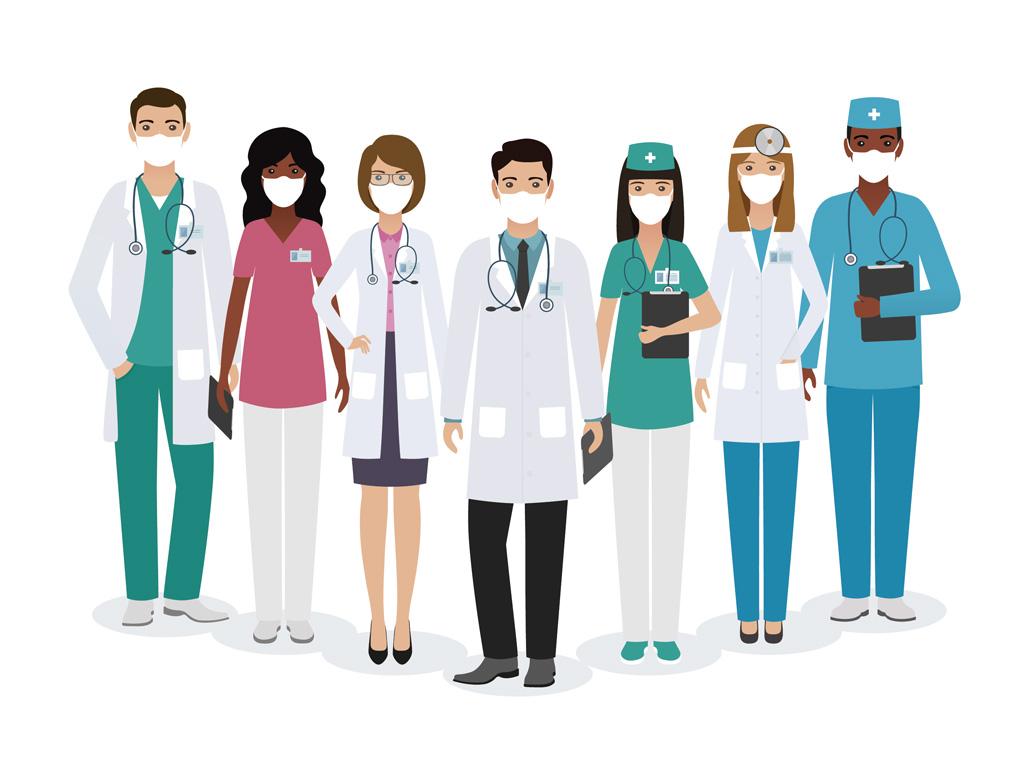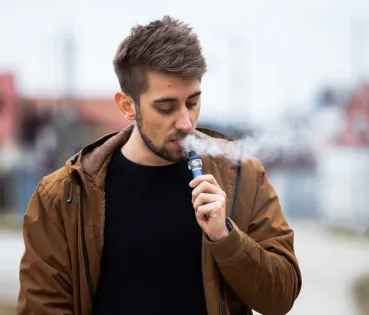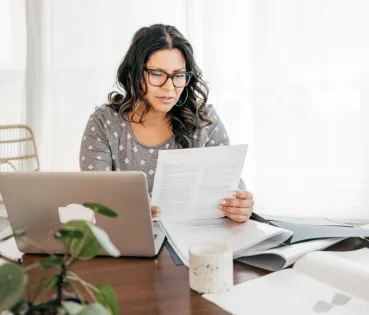
"It is difficult to accept that any of us could have infected someone in our family"
Dr. Carlos Peña-Salazar psychiatrist and neurologist specialising in neuropsychiatry, epilepsy and neurodevelopment disorders. The Spanish representative of the NEED group (Network of Europeans on emotional development) and international advisor for the DACH Inklusive Medizin (Germany-speaking society of disability medicine). Doctor for Assisténcia Sanitària and inter-consultant psychiatrist at the Hospital de Barcelona.
The Covid-19 pandemic has transformed our lives and influenced people and their mental health in different ways. The lockdown, the radical changes experienced, the distancing, the deaths of loved-ones, the fear, the trauma… are psychological repercussions that must also be dealt with.
Fear. A word and a feeling with which Covid-19 has also ‘infected’ many people. Can we live with fear?
We always live with a certain amount of fear. And in recent months this feeling has become more intense and more frequent than we were used to. The pandemic has hit our community in a very sudden way, taking us all out of our comfort zone.
Will our fear of becoming infected, along with the infection of the most vulnerable members of our family disappear with the vaccine?
At the moment, rather than a vaccine, prophylactic medicine or treatments aimed at the consequences of the infection are being considered. We all trust that an effective vaccine will be found soon, but it seems that this will not be in the immediate future. Our fear is directly linked to uncertainty and insecurity, to the lack of knowledge about the virus, to the medical and socio-economic consequences involved; to the distancing of our family members – without knowing how long this situation will go on for; and to the insecurity of returning home and not knowing if we might infect our family… This is one of the largest fears that people have at present. Because we can assume the contagion and the consequences of any disease, but it is more difficult to accept that any of us could have infected someone in our family.
When we have greater knowledge about the virus, knowing about its infectivity in depth, the profile of the people who are most susceptible to becoming infected and developing complications and we can treat them successfully, our insecurity and uncertainty will decrease and we will feel less fear.
The virus has also psychologically affected healthcare professionals. How do you work with this added pressure?
We could never have imagined having to work under these conditions. The increase in working hours, in uncomfortable conditions, with FPP2 masks and personal protection equipment and at times in roles that we were not used to – personnel from other specialities looking after patients with pneumonia, have all meant a very high physical and emotional load.
In the case of mental health, carrying out psychopathological interviews while maintaining a distance and being protected has been a challenge. The very steps that protected us, at times made it difficult to get emotionally close to a patient. Psychiatric visits by videoconference have made a great difference in overcoming these difficulties.
One highly relevant point during this pandemic has been the shared responsibility held by all the professionals towards our patients and their families, often with the moral dilemma between carrying out our work correctly and being protected properly in order to avoid any contagion. All healthcare workers accept the risk of becoming ill while working at a hospital, but not that of infecting their loved-ones. Many colleagues decided to stay in hotels, others confined themselves in part of their homes… the feeling of guilt and insecurity has been constant throughout these months.
What psychological help does a frontline healthcare worker need?
This depends on each person. Some colleagues have processed this extraordinary situation correctly and have not needed any psychotherapeutic treatment. However, others have required professional help. Each healthcare worker’s load of emotional exposure, of having been infected, whose family members have been infected, the support they have had during the pandemic and the support they have now, as well as each individual’s resilience, are factors that play important roles in post-traumatic disorders.
Are there any symptoms or warnings that tell us that a professional needs help?
In situations such as the ones we have experienced, people often suffer from a higher level of anxiety and worry, irritability, fear and insecurity, as well as sleeping problems. These symptoms do not require specific treatment, whenever they are not serious and they are limited over time. It is difficult to define some specific warning symptoms, but we could talk about insecurity, loss of self-esteem, of enthusiasm, of enjoyment, emotional anaesthesia, flashbacks, being in a state of hyper-alertness and hyper-concern, in addition to sleep disorders that continue over time.
What have the most common and most repeated problems been amongst healthcare personnel?
Anxiety disorders, adjustment disorders and depression syndromes have been the most frequent, as well as post- traumatic stress disorders. When a person has to face up to a traumatic situation, our capacity for processing the emotions experienced can be compromised, as their volume and the intensity exceed our regulating mechanism. There are different symptoms that can appear, but worry, restlessness, hyper-concern and difficulties in relaxing, experiencing enjoyment and getting to sleep frequently appear.
Should healthcare professionals be prepared for case of a new outbreak? We have our own tools that we don’t normally use that could be used to face up to these traumas. What are they?
From a psychotherapeutic point of view, some guidelines could be given that could help us to cope emotionally in the case of a new outbreak. However, the increase in knowledge about the virus and its treatment will mean that we will work with greater calmness and with a feeling of greater safety. The focus on our work, being aware of the risks and of the consequences that this could have, along with a greater certainty, will allow us to face up to similar situations in the future. Therefore, it would be advisable to look for spaces to carry out physical exercise, relaxation and disconnection from work. Additionally, maintaining relationships with our family and friends will decrease the feeling of loneliness.
Being aware that we are not super heroes and that we are doing our work the best we can will help us to remain calmer and to not develop any feelings of guilt. Enjoying the small pleasure of a good meal or a conversation are essential to be able to maintain a balance in these situations.
And trauma… How can we face up to the loss of a family member in the middle of a pandemic? How can we get over the lack of a “goodbye” in these circumstances?
The loss of a family member must be processed. When a relative dies, we need to share our pain with others and receive empathy from those around us. Being unable to say goodbye to our relatives in the last moments of their lives and not being able to carry out a suitable funeral, make the mourning process much more difficult. In the circumstances we have lived through, we have tried to supplant the physical presence of our friends and family with virtual support (telephone calls, videoconferences), and carrying out parallel funeral rites (at home, with objects belonging to the deceased person, virtually, shared with other people…). To carry out a suitable mourning process, the deceased person must be remembered and the sadness and loss shared with our loved-ones, using all the tools available to us. It would be a good idea to carry out “farewell ceremonies” as soon as possible, now that the situation has improved. This will help us to get over the death of our family members.
How does Covid-19 affect the mental health of children? Will it have consequences on their mental health in the future?
It is a stressful situation that must be handled appropriately. We must transmit calmness and confidence to children and explain what is happening to them in an adapted way. Regarding physical distancing, the reasons for this must be correctly explained to them, without being over dramatic and alarmist and transmitting calmness and safety. Replacement methods must be used to maintain social relations. Physical distancing does not have to mean social distancing.
Some children do not want to go outside because they are frightened. Does this reaction show an already obvious trauma?
No. It is a result of the situation we are living through. It must be handled correctly, progressively going out to public spaces and gradually increasing physical proximity with other people. If situations like this one continue over time, professional help needs to be sought.




